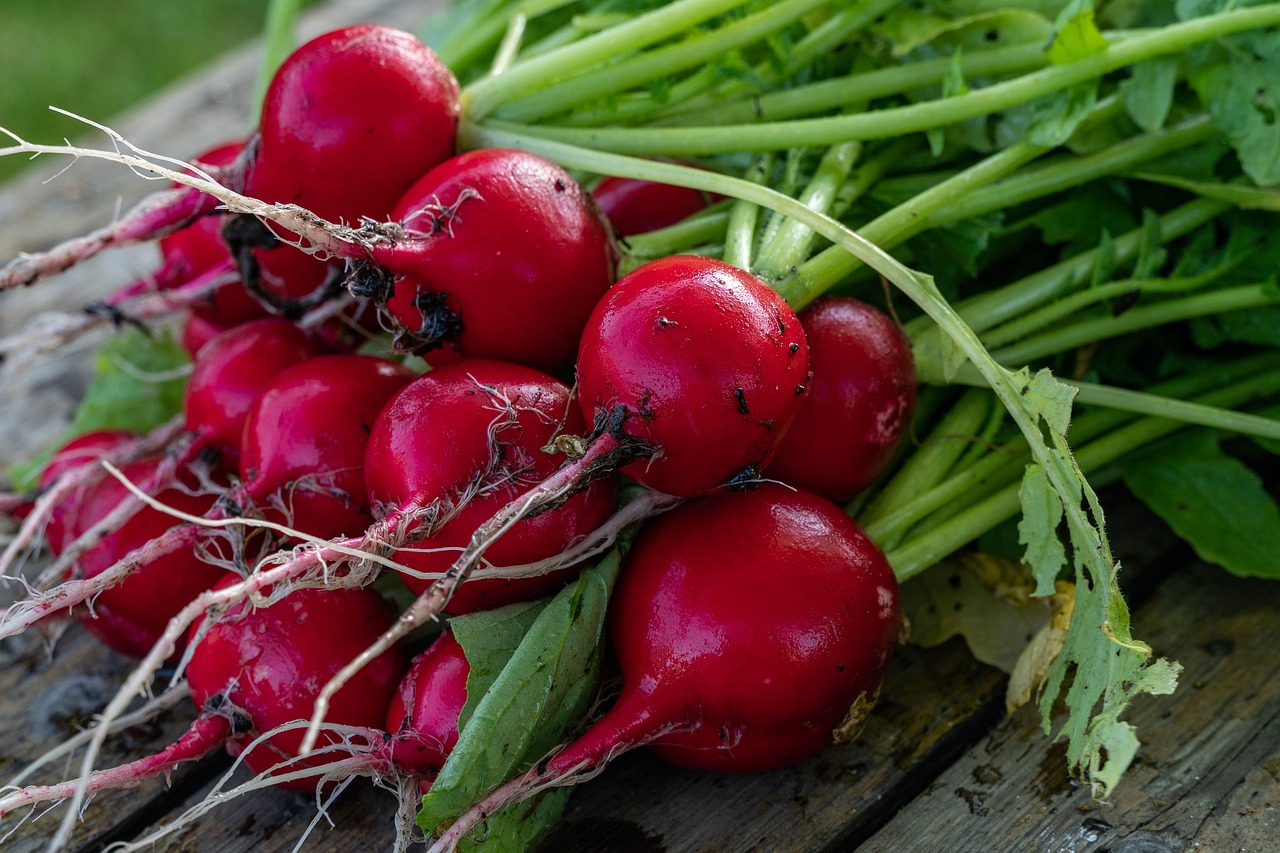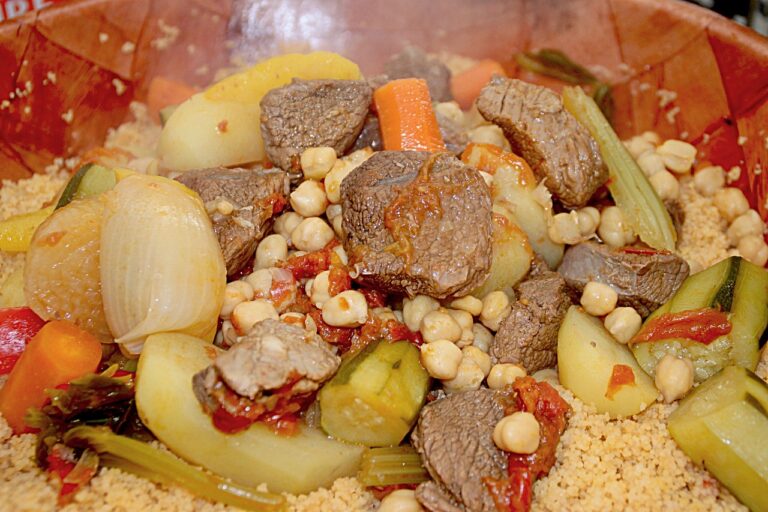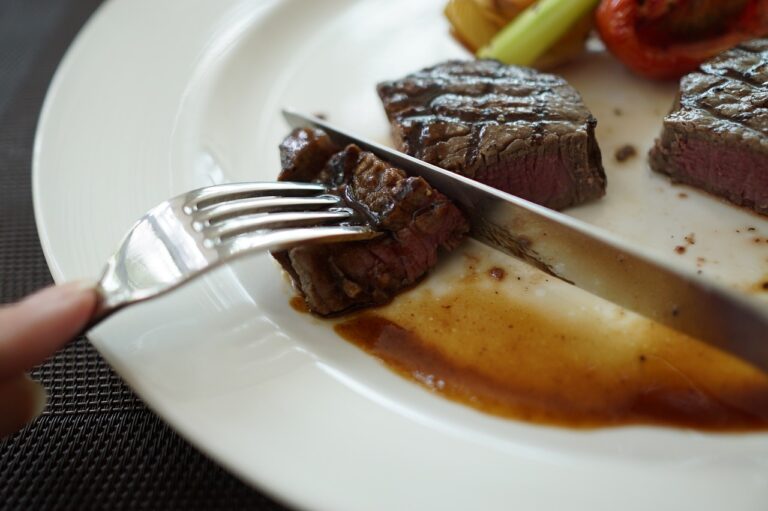The Role of Terroir in Hop Flavor Profiles
my 99 exch, laser book 247 com registration, yolo247 club login:Terroir is a term commonly used in the wine industry to describe the unique characteristics imparted to a wine by the specific region where the grapes are grown. However, terroir plays a significant role in shaping the flavor profiles of hops used in brewing beer as well. The soil composition, climate, altitude, and other environmental factors of a hop-growing region all contribute to the terroir of the hops grown there, influencing the aroma, flavor, and overall quality of the hops.
Hops are one of the essential ingredients in beer production, providing bitterness to balance the sweetness of the malt and adding unique flavors and aromas to the final brew. The flavor profiles of hops can range from floral and citrusy to piney and earthy, depending on the variety of hop used and the terroir in which it was grown. Understanding the role of terroir in hop flavor profiles can help brewers create more complex and unique beer recipes that showcase the diversity of hop characteristics.
Let’s take a closer look at how terroir influences hop flavor profiles:
Soil Composition: The mineral content of the soil in which hops are grown can have a significant impact on the flavor profiles of the hops. Different minerals in the soil can influence the uptake of nutrients by the hop plants, leading to variations in the chemical compounds present in the hops. For example, hops grown in soils rich in calcium may have a higher concentration of bitter compounds, resulting in a more pronounced bitterness in the final beer.
Climate: The climate of a hop-growing region can also play a crucial role in shaping the flavor profiles of the hops. Factors such as temperature, precipitation, and sunlight exposure can all influence the growth and development of hop plants, affecting the production of essential oils and other compounds responsible for the aroma and flavor of the hops. Hops grown in cooler climates may have brighter, more citrusy flavors, while hops grown in warmer climates may exhibit more resinous and earthy characteristics.
Altitude: The altitude at which hops are grown can impact their flavor profiles due to differences in temperature, sunlight intensity, and oxygen levels. Hops grown at higher altitudes may develop more complex and intense flavors, as the plants must adapt to the harsher growing conditions. These hops may have a stronger aroma and a more pronounced bitterness, adding depth and richness to the final beer.
Environmental Factors: Other environmental factors, such as proximity to bodies of water, wind patterns, and local flora, can also influence the terroir of a hop-growing region and, consequently, the flavor profiles of the hops grown there. For example, hops grown near the ocean may exhibit saline notes, while hops grown in a pine forest may carry hints of pine resin in their aroma and flavor.
Overall, terroir plays a critical role in shaping the flavor profiles of hops used in beer production. By understanding how soil composition, climate, altitude, and other environmental factors influence the terroir of a hop-growing region, brewers can make informed decisions about which hops to use in their recipes to achieve specific flavor profiles. Experimenting with hops from different terroirs can lead to exciting and unique beer creations that showcase the diversity of flavors and aromas that hops have to offer.
FAQs:
Q: Can the same hop variety grown in different regions taste different?
A: Yes, hops of the same variety can taste different when grown in different regions due to the influence of terroir on their flavor profiles. Soil composition, climate, altitude, and other environmental factors all play a role in shaping the aroma and flavor of hops.
Q: How can brewers take advantage of terroir to create unique beer recipes?
A: Brewers can experiment with hops from different terroirs to create unique beer recipes that highlight the diverse flavor profiles of hops. By understanding how terroir influences hop characteristics, brewers can choose hops that complement the desired flavor profile of their beer.
Q: Are there any specific hop-growing regions known for producing hops with exceptional flavor profiles?
A: Yes, there are several hop-growing regions globally that are known for producing hops with exceptional flavor profiles. Some notable regions include the Pacific Northwest of the United States, Germany, and New Zealand, each known for producing hops with unique and distinctive characteristics.







